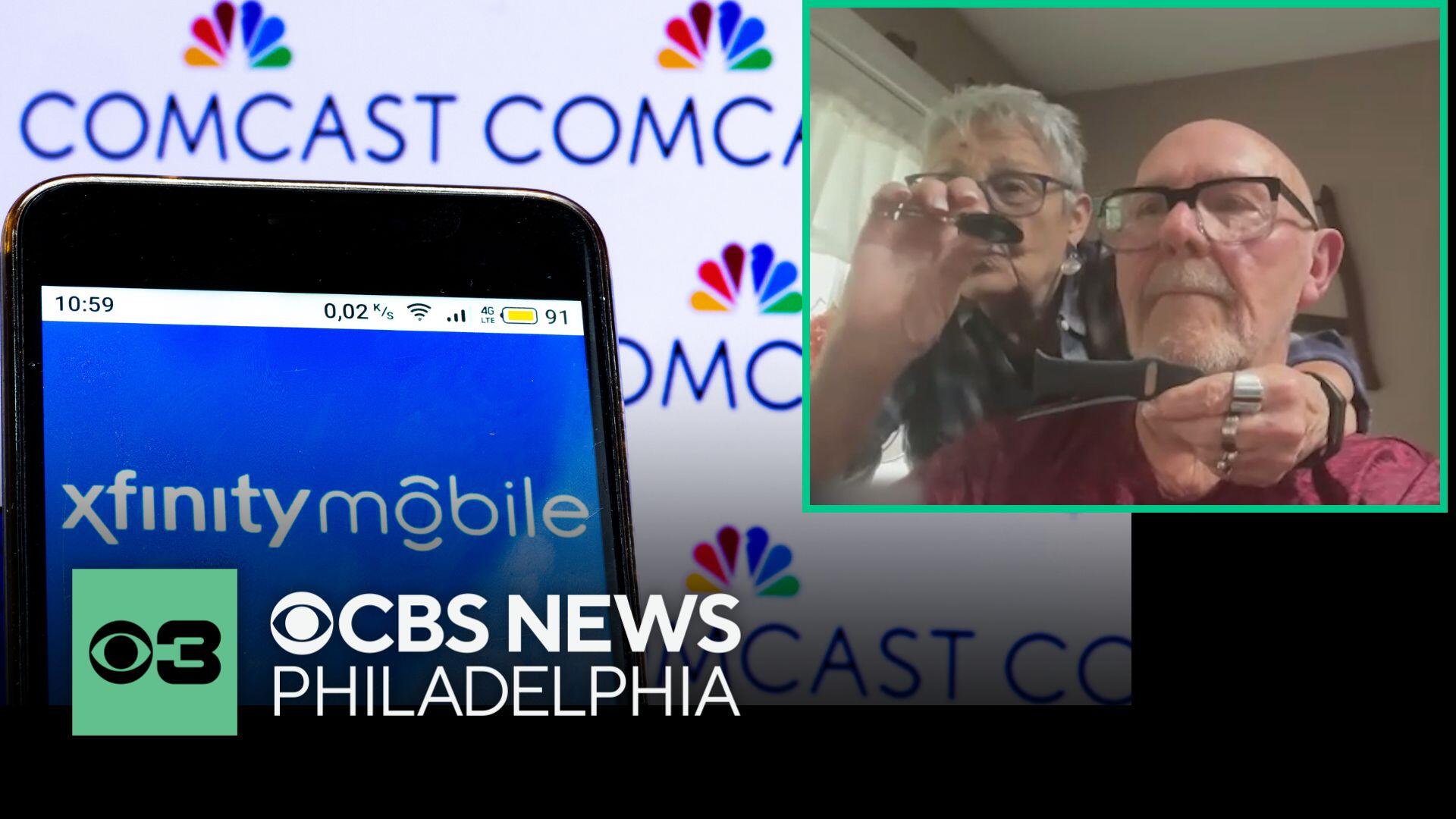Some promotions offering free iPhones, smartwatches could charge you — beware of the fine print
As Apple's new iPhone officially hits store shelves, you're probably seeing ads that you can get one for free.
While many carriers like AT&T and T-Mobile run promotions for free devices like phones, tablets and watches, the fine print with those agreements could wind up costing you if you're not careful.
Galen Smith contacted In Your Corner for help after he said he agreed to a promotion for a free Apple Watch through Xfinity Mobile, but wound up being charged for the device.
"They basically said it was a free watch, and I never have to pay anything else after that," Smith said. "All I had to pay was that $18 sales tax; that was it."
The Pottstown, Montgomery County, man said he was offered the promotion when he called customer service for an internet issue.
Smith said he paid the tax on the device, received it in the mail a few days later, and then he put it away in his desk drawer. Weeks later, he was shocked to see his bill now showed he was being charged monthly for the device and data.
He called customer service again.
"He said because I never activated the [watch], it was no longer under the free promotion, and I was going to have to pay for $12.49, plus $10 a month for a line fee," Smith said.
In Your Corner contacted Xfinity's parent company, Comcast, on Smith's behalf. The next day, Smith said he received a call from a company representative, who said the remaining $237 in installment plan charges for the device would be dropped, and $102 he'd already paid in charges, fees and taxes would be credited back to his account.
A Comcast spokesperson told CBS News Philadelphia that Smith was credited because the representative he initially spoke with about the promotion did not properly communicate the details.
Smith, who got to keep the device, said it's a lesson learned.
"If it's too good to be true, it usually is," he said.
Is this "free" phone promotion legit? Device deals often come with strings attached
Teresa Murray, consumer watchdog director with the Public Interest Research Group, PIRG, said it's an important reminder that "free" deals often come with fine print.
"You know, in life nothing is free," she said. "There are lots of ifs, buts, and lots of conditions."
Some of the most common conditions often attached to "free" device promotions:
- Trade in an eligible device
- Switch or upgrade to a qualifying, often more expensive plan that may include options you don't need
- Enroll your account in autopay
- Activate the device within a certain timeframe
Murray said the cost of that "free" device is usually spread out as bill credits applied over the course of two to three years. That means you're locking yourself into an agreement and you'll be on the hook for any remaining balance owed for the device if you break the deal.
"So if for some reason you cancel the contract, you still owe for the balance of the term, and you may owe penalties as well," she said.
You have other options to save.
Murray said you can buy your phone directly from the manufacturer or stores like Best Buy, instead of through the carrier. That way, you're not tied to a specific plan or carrier.
Selling your old phone instead of trading it in might also be a better deal. Sites like Gazelle and Swappa usually pay you more than the carriers.
Many of the major carriers — AT&T, Verizon and T-Mobile — also offer unlimited plans at cheaper monthly rates if you pre-pay the first year up front.
Virtual mobile networks also offer cheaper plans. These are provided through companies like Consumer Cellular, Mint Mobile, Xfinity Mobile or Visible, which lease major carriers' networks to offer similar service without the overhead costs.
If you need help doing the math to compare deals, WalletHub has a cellphone savings calculator that can help you determine if it's a deal that really works for you.
